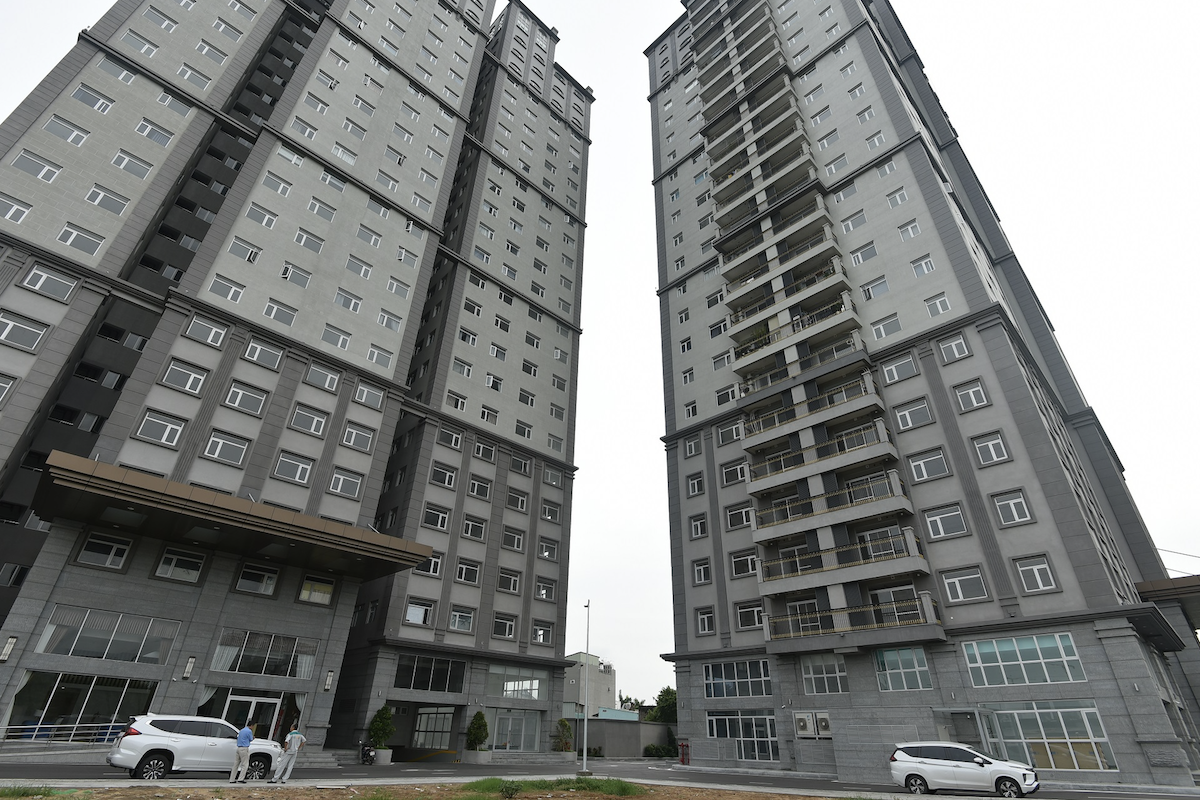Why is Vietnamese real estate attractive to foreign investors?
Vietnam continues to be an attractive destination for foreign real estate investors.
According to data from the General Statistics Office, total FDI registered in Vietnam as of April 20, comprising newly registered capital, adjusted registration, and share purchases, amounted to roughly $9.27 billion, a 4.5% rise from the same time in 2023.

Real estate business remains in second place in attracting FDI flows with more than $1.6 billion.
Specifically, the real estate industry is the second-largest FDI attractor, with more than $1.6 billion (the top sector is the processing and manufacturing industry, which has about $5 billion registered). Thus, compared to the same period in 2023, FDI in real estate has surged more than fourfold.
According to this research, the value of direct foreign investment performed in Vietnam in the first four months of this year is anticipated to be over $6.3 billion, a 7.4% increase over the same period last year. This is the most direct foreign investment made in the first four months of any year in the previous five years, with real estate commercial activity totaling $607.6 million.
Data from the Vietnam Real Estate Brokers Association showed that the number of foreign investment groups interested in real estate mergers and acquisitions is increasing dramatically. Investors from Singapore, South Korea, Taiwan, Japan, and Malaysia stand out. Many developers are unable to absorb the costs and, facing the possibility of "sinking in a pile of assets," must sell assets, projects, and enterprises in sections in order to restructure debt and operating mechanisms. As a result, this scenario creates an excellent environment for foreign corporations to do M&A transactions more readily and at more "cheap" costs.
Mr. Matthew Powell - Director, Savills Hanoi, indicated that despite several problems, Vietnam remains an appealing investment location for institutional and corporate real estate investors. Investors, particularly those from the area, are showing a strong interest in functioning commercial properties and housing developments from nations such as Singapore, South Korea, and Japan. Furthermore, Vietnam's advantages stem from its population, urbanization rate, and present economic growth rate, indicating that there is still plenty of room for expansion.
Mr. Matthew Powell added that certain specialist investors are interested in data centers, whilst others are interested in logistics, industrial zones, and warehouses. The majority of FDI is in manufacturing, hence foreign FDI is focused on high-quality manufacturing areas.
This shows an increase in the need for high-quality manufacturing sectors, as well as retail and specialty hotel investors. There have been multiple residential deals with Singaporean investors, with a concentration on the commercial sector in Ho Chi Minh City, hotel transactions, and logistics, demonstrating a strong interest in a variety of areas.
"While executing real estate deals in Vietnam may still be difficult, the desire is undeniable. Mr. Matthew Powell stated, "With substantial time spent interacting with investors and sellers of this sort of real estate in Vietnam, we remain hopeful and confident in Vietnam's investment prospects.
Cushman & Wakefield shares this attitude, praising the political stability and investment-friendly policies that have fueled strong economic expansion.
Vietnam has continued to attract large amounts of direct foreign investment. Since the Real Estate Law was passed in 2003, the Vietnamese real estate market has expanded fast, notably in Ho Chi Minh City (the financial and commercial hub) and Hanoi (the political center). Since then, M&A activity in general, and in the real estate industry in particular, has increased significantly in terms of both volume and value.
According to Cushman & Wakefield, the high-end residential market remains the top choice for foreign investors, owing to Vietnam's population, which ranks 15th in the globe with 100 million people. Vietnam's demographic model, with 70% of the population aged 15-64, rising disposable income, and expanding urbanization, notably in Hanoi and Ho Chi Minh City, makes the housing market even more appealing to foreign direct investment.








